My sister has been in recovery for years.
But you won’t see me posting how proud I am of her, congratulating her on how many years she’s fought her demons and won, or sharing what her recovery means to me and my family with the people in my life. There’s no “ribbon week” for her. She doesn’t get a chip for each milestone she passes in her recovery.
 Why? Because she isn’t an alcoholic or a drug addict.
Why? Because she isn’t an alcoholic or a drug addict.
She has suffered from eating disorders since she was a teenager. And there’s a secret shame associated with this kind of addiction that we as a society don’t talk about.
Well, it’s National Eating Disorder Awareness week. So let’s talk about it.
My siblings and I came of age in the 90s. Fat-free this, low fat that, Denise Austin, Billy Blanks, the “Thigh Master”, Nordic-Track, and Bow-Flex were household names. Most commercial breaks (yes, back then there was no DVR or streaming) featured any or all of the above.
Being thin and fit was seemingly the goal of every adult woman I personally knew, including my mom and grandmothers. I remember being as young as fourth grade and worrying about the spread of my thighs when I sat at my desk. Even pre-social media, fatphobia was everywhere.
My own dabble with eating disorders was brief; I’ve never been good at hiding anything and it never really stuck for me. But due to a perfect storm of biology, psychology, trauma, and societal pressure, my sister wasn’t as fortunate.
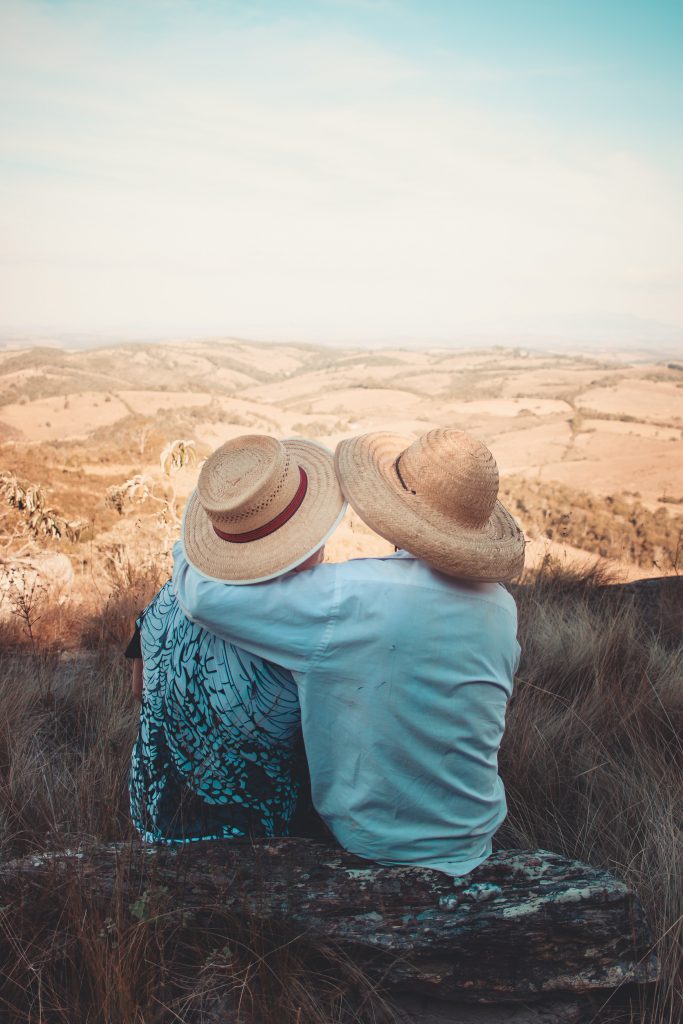 She was hospitalized twice and treated in outpatient programs twice more for her eating disorders throughout high school and college. Her final stint in rehab lasted months and seemed to open a door to more permanent healing and recovery, and I am forever grateful she sought treatment.
She was hospitalized twice and treated in outpatient programs twice more for her eating disorders throughout high school and college. Her final stint in rehab lasted months and seemed to open a door to more permanent healing and recovery, and I am forever grateful she sought treatment.
Never once did she open up to me about her eating disorder; even today, we don’t discuss it. We can dance around it, but it’s never explicitly named. She’s one of my best friends and also the only friend I have where any topic of conversation is so off-limits.
It’s deeply personal. And because eating disorders have to do with food, it’s a demon anyone with an eating disorder faces multiple times every day, always, even in recovery.
For as common as eating disorders are in this country, why is it so taboo to talk about them? Why don’t we have Al-Anon type support groups for families of people with eating disorders?
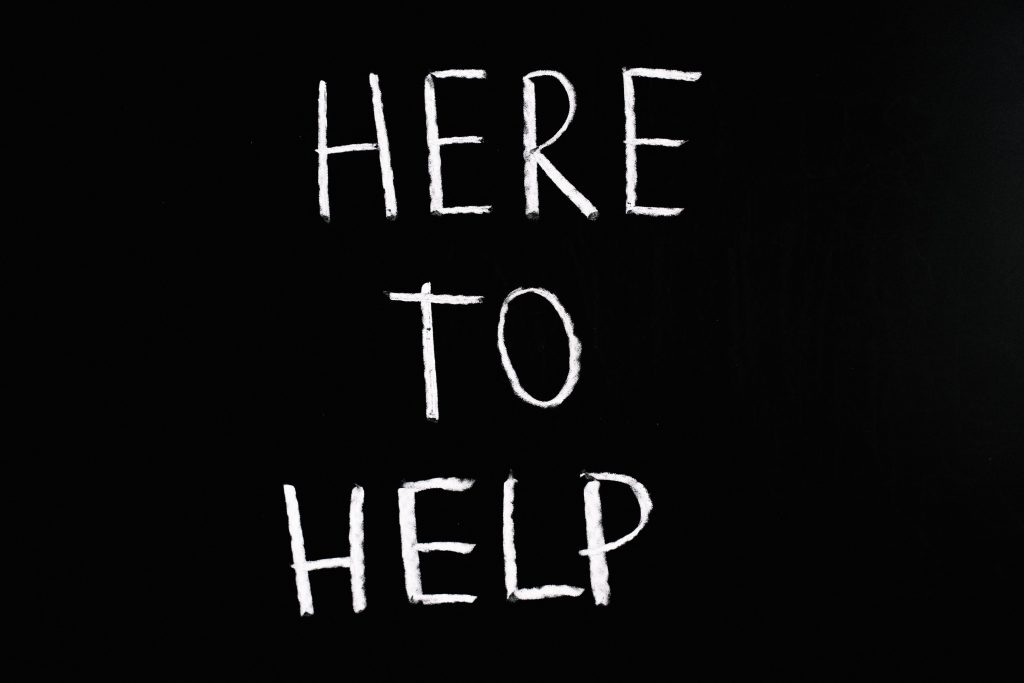
I can tell you first hand, it is excruciating to love someone suffering and not know how to help them. It’s been almost 20 years and there’s still so much I don’t know. But I do know this:
Everyone’s recovery journey looks different.
If you love someone with an eating disorder, just keep loving them.
As they are. You don’t have to understand the why and how of things; seek education on your own and be there in silent support if that is what they need from you.
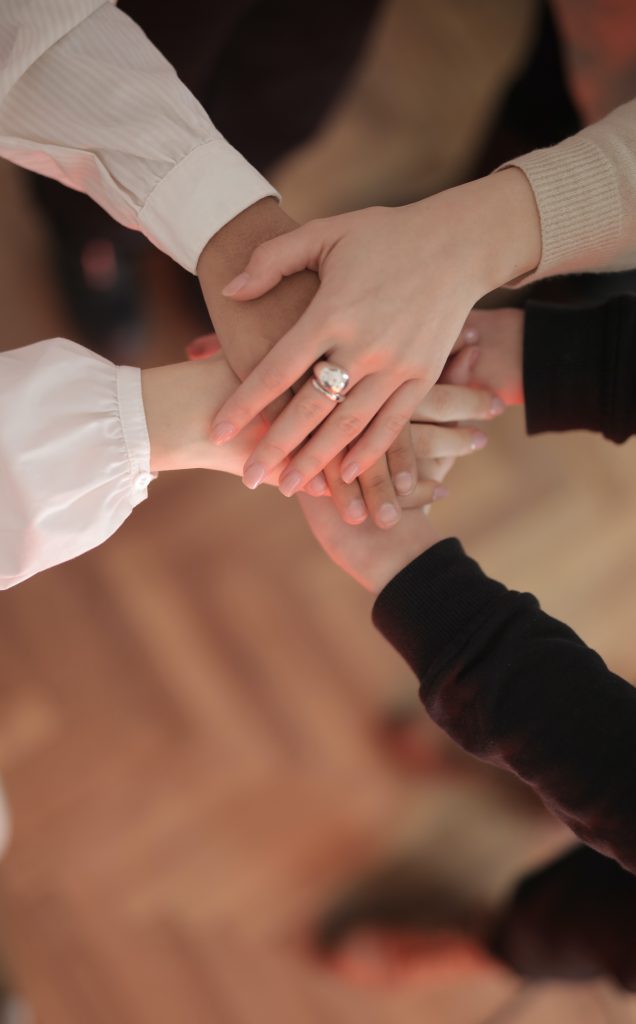
Can we also normalize not making jokes about bulimia or anorexia? If you pay attention, they are everywhere. Not funny. Not cool.
While we’re at it, can we normalize not commenting on what other people are eating, or are not eating? It’s 2022. Why do we do this? It’s not helpful and it can actually be hurtful to anyone privately facing an eating disorder.
As we move toward a society with less stigma around seeking help for our mental health we should also destigmatize eating disorders and the people who have them. For the survivors, and the people who love them.



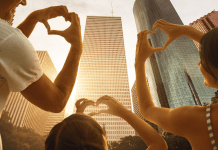




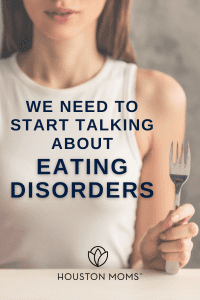

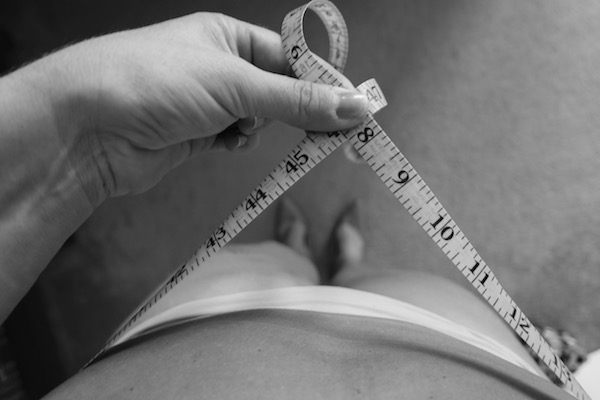





I thank the guest writer for sharing this. Eating disorders is on the rise in light of the pandemic. Totally agree with everything here.